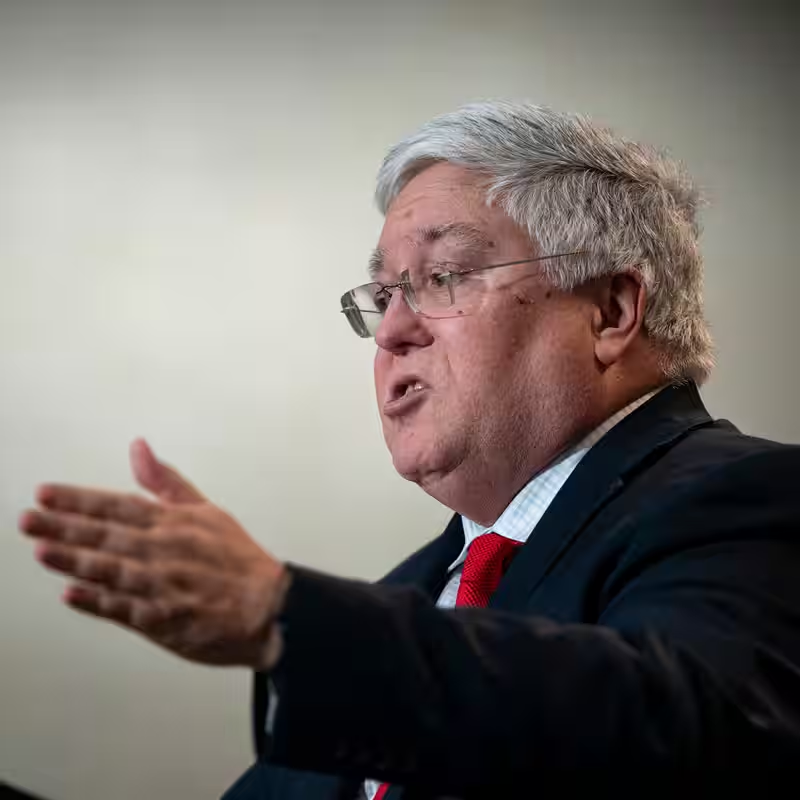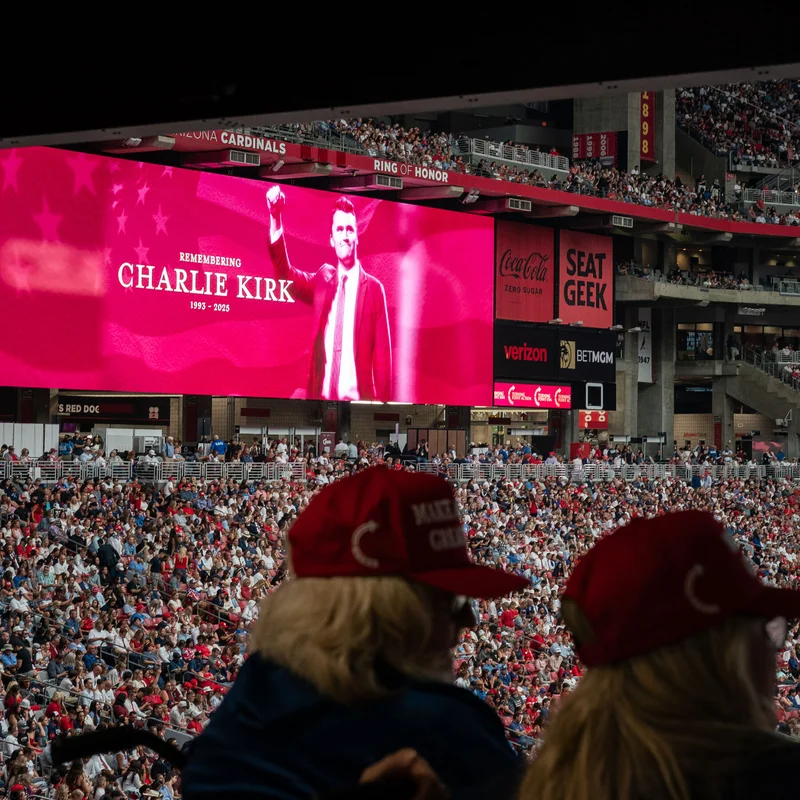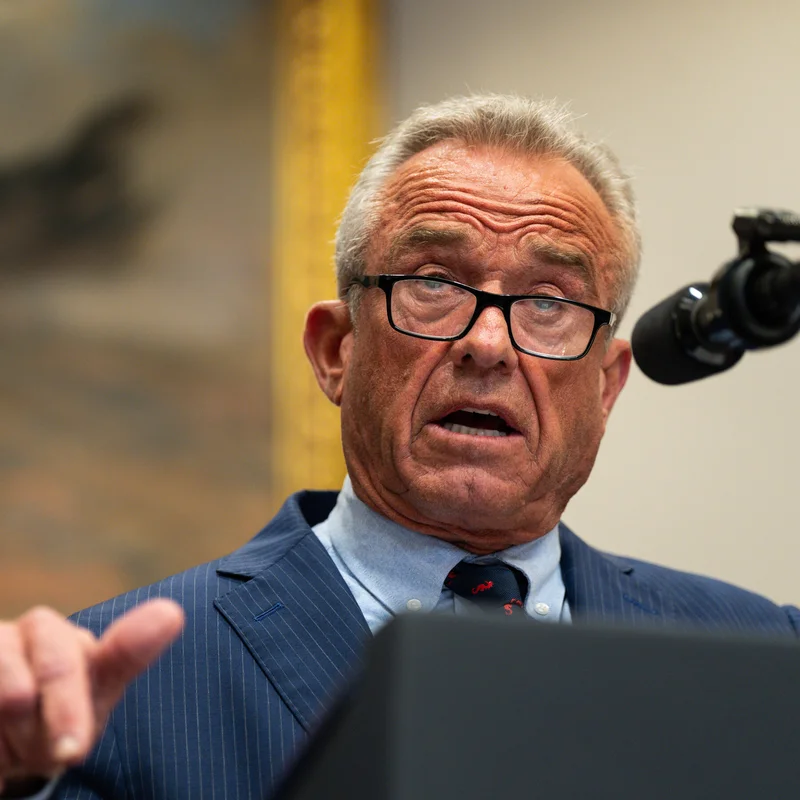
For decades, West Virginia stood as a national model for childhood immunization. With one of the country’s strictest school vaccination laws—allowing only medical exemptions—the state consistently ranked among the highest in vaccination rates, shielding its communities from preventable outbreaks like measles and whooping cough.
But that success is now under threat. Hundreds of families across the Mountain State are pushing for religious exemptions, igniting a fierce debate over public health, personal belief, and the future of disease prevention in America’s heartland.
Why West Virginia’s Vaccine Law Worked
West Virginia is one of just three states—alongside Mississippi and California—that historically barred non-medical exemptions for school-required vaccines. The policy, rooted in a 19th-century public health response to smallpox, has been credited with maintaining childhood vaccination rates above 95% for diseases like MMR (measles, mumps, rubella).
“When you remove loopholes, compliance soars,” says Dr. Lena Patel, an epidemiologist at West Virginia University. “It’s not about forcing people—it’s about protecting the most vulnerable among us, including kids who can’t be vaccinated for medical reasons.”
The Surge in Religious Exemption Requests
Despite the law’s clarity, a growing number of parents are now demanding religious exemptions. According to state health department data, over 600 exemption requests citing religious grounds have been submitted in 2025 alone—up from fewer than 50 five years ago.
Many of these families belong to newly formed faith-based homeschooling networks or have been influenced by national anti-vaccine messaging that frames immunization as a violation of conscience.
“We believe our bodies are temples,” said one parent in Kanawha County, who asked to remain anonymous. “No one should tell us what to put in them—not even for school.”
What’s at Stake?
Public health experts warn that even a small drop in vaccination coverage can unravel herd immunity. Measles, for example, requires about 95% immunity to prevent outbreaks. If exemption rates climb, West Virginia could lose its protective shield.
| Metric | West Virginia (2024) | National Average |
|---|---|---|
| MMR Vaccination Rate (K–12) | 96.2% | 92.7% |
| States Allowing Religious Exemptions | 47 | — |
| Measles Outbreaks (Past 5 Years) | 0 | 12 states affected |
Legislative Pressure Mounts
Emboldened by this grassroots movement, several Republican lawmakers have introduced bills to allow religious exemptions. Supporters argue it’s a matter of parental rights and religious freedom. Opponents, including the West Virginia Academy of Pediatrics, call it a dangerous step backward.
“This isn’t theoretical,” says Dr. Marcus Boone, a pediatrician in Charleston. “I’ve seen kids die from vaccine-preventable diseases. We cannot normalize that risk again.”
A National Bellwether
West Virginia’s battle is being watched closely across the country. If the state caves to pressure, it could embolden similar efforts in Mississippi and California—potentially unraveling decades of public health progress.
For now, the law remains unchanged. But with hundreds of families in limbo and emotions running high, the question isn’t just about vaccines—it’s about what kind of society we want to build: one grounded in collective responsibility, or individual exception.
As one public health official put it: “Vaccines don’t just protect your child. They protect the child next to them.”




